SUMMARY
This is AI generated summarization, which may have errors. For context, always refer to the full article.
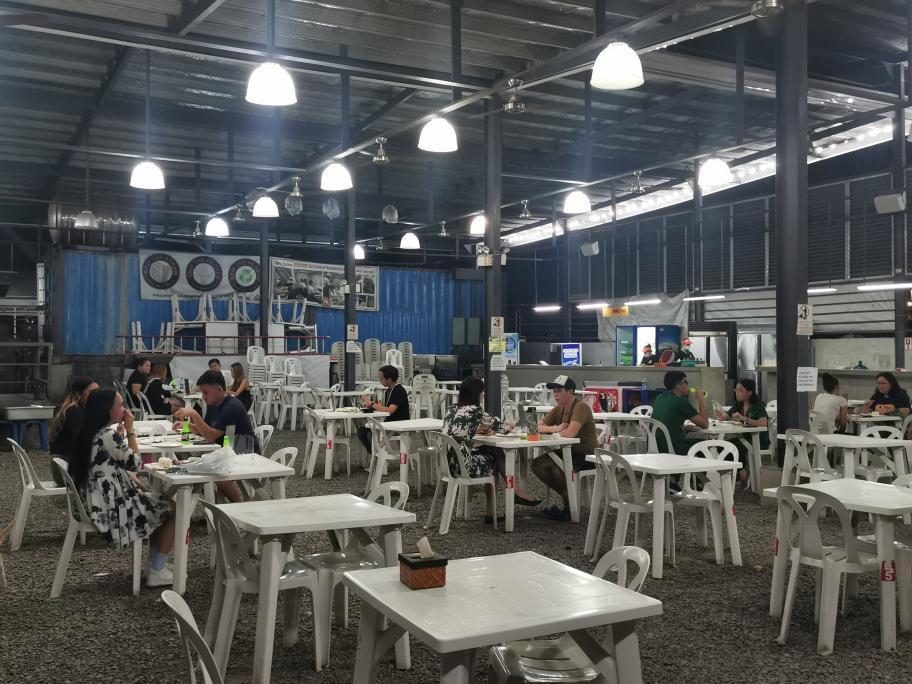
Cebu City defended its policy of only allowing partially or fully vaccinated individuals to dine indoors and avail of spa, massage, and other personal services.
“We have a vaccine… why not use the ‘bakuna bubble?'” Cebu City Councilor Joel Garganera, head of the city’s Emergency Operations Center, said during the GoNegosyo forum on Monday, September 13.
“This will also motivate people to get vaccinated,” Garganera added.
While the idea, first proposed by Presidential Adviser for Entrepreneurship Joey Concepcion, has been heavily criticized, Garganera said Cebuanos have been largely receptive to the policy.
Establishments with indoor dining areas were ordered to begin enforcing the policy on September 6 through Executive Order 138.
“We understand human rights issues, but this is not just an experimental thing. This is a product of a constant meeting, coordination, with the different stakeholders,” Garganera said.
He earlier met with representatives from the security sector and other agencies within the local government unit to tackle the possibility of fake vaccination cards going on sale due to the “bakuna bubble.”
But the city hopes that by allowing only vaccinated residents to eat indoors, where mask-wearing is impossible, that it would help keep COVID-19 infections low while the city looks to ramp up its vaccination program.
‘Bakuna bubble’
In Cebu City’s version of the “bakuna bubble,” only those who have been at least partially vaccinated can dine indoors and take advantage of spa, massage, salon, and other personal care services while the city is under general community quarantine (GCQ).
Right now indoor dining is allowed at 10%, while personal care and spa services can have up to 30% capacity.
The implementation of this measure caught the attention of the Commission on Human Rights (CHR) and the Department of Interior and Local Government (DILG), who said the order could lead to discrimination.
DILG Undersecretary Epimaco Densing told One News in an interview on September 10 that other mayors had tried to come up with similar orders, but the provision had been revoked upon the DILG’s request.
“We’ll have to coordinate with the mayor to recant and amend that EO. There are more than a number of mayors who did that and we asked them to recant,” Densing said.
Rappler texted and called DILG spokesperson Jonathan Malaya several times on Monday, September 13, but he has not yet replied as of this writing.
Vice Mayor Mike Rama, the acting mayor who issued the executive order at the time, said in a text message to Rappler he has yet to receive the orders to amend the provision.
“I hope not,” Rama said when asked if he already received instructions to amend the order.
“If all is well that ends well, why recant? As the saying goes, if it ain’t broken, why fix it?” the vice mayor added. “Our laws and even American jurisprudence will support it. I wish [that] Manila leadership will see the nobility of our intentions.”
Critics of vaccine mandates have said that vaccination rates and supplies are not high enough to implement so-called “bakuna bubbles.”
Rama, however, believes the order is not discriminatory because the order does not deny citizens of services, but merely disallows them from indoor dining. Unvaccinated people can still in alfresco areas or order takeout.
He said that aside from dine-in restaurants, Cebu City requires vaccinations for businesses that are considered non-essential, such as spa, salon, and massage services.
Rama also clarified that they would not be banned entry from any malls, buildings, or grocery stores, where they can keep their masks on and maintain physical distancing.
Garganera, on his end, believes that Cebu City has to change its approach in keeping the number of cases down as the more transmissible Delta variant has become the dominant variant in the country.
“With the three surges we faced, our approaches have been the same,” Garganera said. “How can you expect a different result with the same approach?”
The city’s cases have seen a downtrend with this third surge, even as the rest of the entire country’s daily reported cases remain consistently above 20,000 a day.
After over a month of triple digit daily reported cases and a peak positivity rate of 20%, the city has cut that by half and is now below 10%.
Cebu City reported 85 new cases on Sunday, September 12, with 3,187 active cases.
The city, where almost all the major hospitals in the province are located, also reported a drop in its use of ICU and COVID-19 ward beds.
The utilization rate of ICU beds in level III hospitals are at 50% while its COVID-19 ward beds are at 48%, just below the “danger zone” of 60% utilization.
All hospitals in the city were reporting 100% occupancy in its COVID-19 ward and ICU beds early August.
The EOC attributes the downtrend of cases to widespread and free testing, quick and effective contact tracing, and isolation for even mild or asymptomatic cases found via contact tracing.

Meanwhile the city has managed to fully vaccinate 202,759 residents out of its target of 645,000 – or 30% of – eligible residents since vaccinations began in Cebu City on March 5. – with a report from John Sitchon/Rappler.com
Add a comment
How does this make you feel?



![[Time Trowel] Evolution and the sneakiness of COVID](https://www.rappler.com/tachyon/2024/02/tl-evolution-covid.jpg?resize=257%2C257&crop=455px%2C0px%2C1080px%2C1080px)


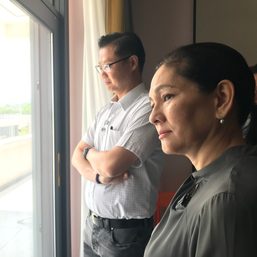
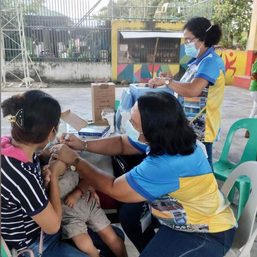
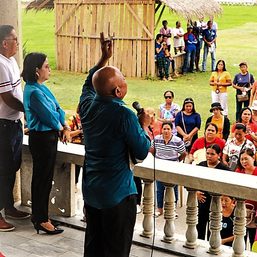
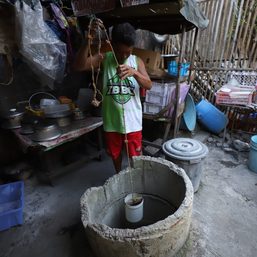
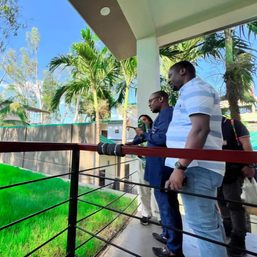
There are no comments yet. Add your comment to start the conversation.